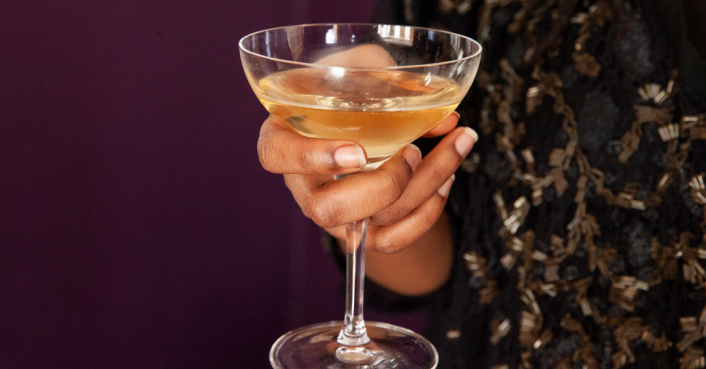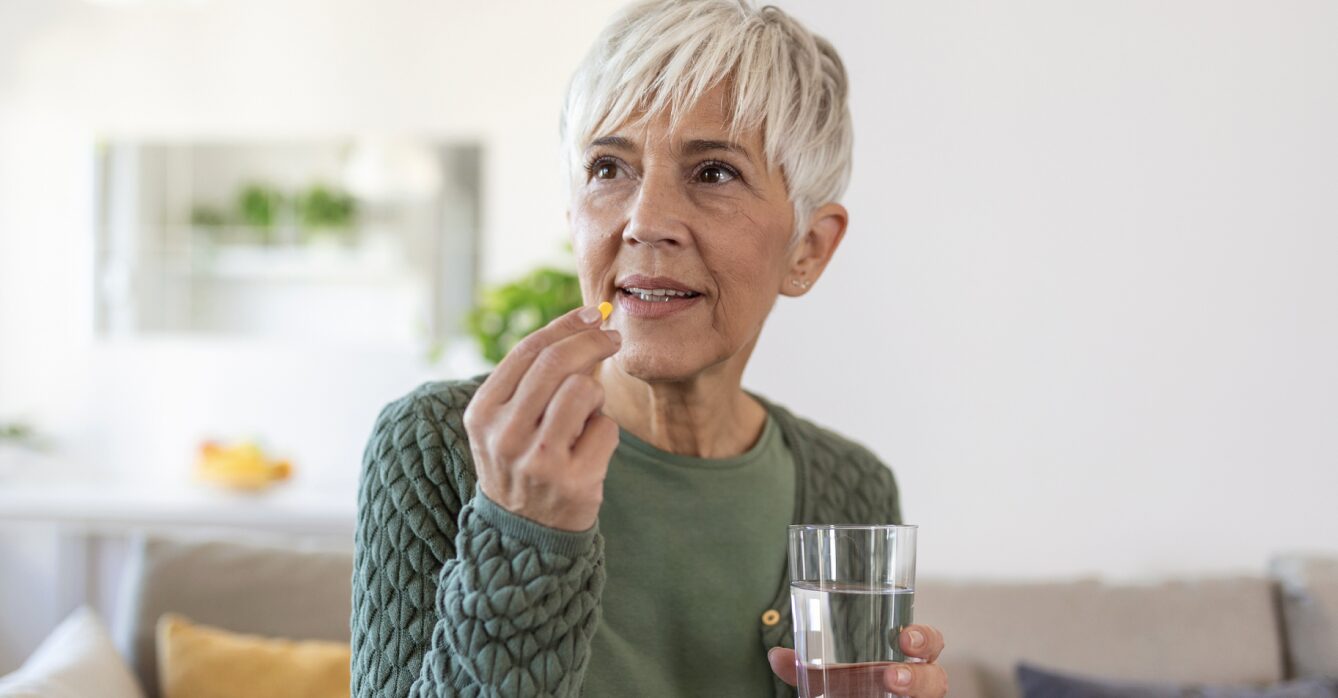Last Updated on May 30, 2023
Ever find yourself reaching for a second (or third) glass of wine after a long day? Or maybe you can’t resist a cold beer when hanging out with certain friends. Don’t worry — we’ve all been there. But have you ever stopped to notice or consider why you’re reaching for that drink in the first place? Because understanding your drinking triggers can not only help you cut back on alcohol but also reduce stress and boost your overall mental health.
In this article, you’ll get the tools to learn all about your habits and triggers — and how to find healthier ways to cope with life’s ups and downs, as well as how Sunnyside can help.
How to Identify Your Drinking Triggers
The first step toward improving any behavior is first to be aware of your patterns and what’s causing them.
1) Observe Events
When you start with observing as your only goal, you’re also letting some of the pressure off yourself from feeling like you need to change everything right away. Instead, you can just take a step back, see what’s going on, and maybe discover little opportunities for change.
2) Catch Your Reactions
You might notice how your drinking habits correlate to the events and emotions of the day. For example, maybe on days you work more, you end up having an extra drink. Or maybe a fight with your loved one has you heading out to the bar.
Check out these common triggers to see if you can relate:
External Triggers
There’s almost always going to be something external happening that has the potential to upset you. Finding a way to manage that without alcohol takes some practice, but knowing what sets you off is where you begin. These are some of the biggest ones:
- Work — too much or too little work.
- Finances — struggling to pay bills, payday, etc.
- Events — holidays, family gatherings, parties, recovery group meetings, celebrations, eating out, etc.
- Relationships — romantic partners, certain family members, or friends that evoke strong emotions.
- Social media — FOMO, loneliness, jealousy, anxiety, or sadness from too much time scrolling through the seemingly “perfect” lives of others.
Internal Triggers
Sometimes, it can seem like emotions pop up out of nowhere. But even if you don’t know why they came up, you can get more in tune with your emotions over time and be able to connect them to other issues.
- Frequent negative feelings — if they seem random and constant no matter what’s going on in your life, dive in deeper. See if it’s related to low self-esteem, high levels of self-criticism, or unrealistic expectations (which often stem from upbringing and may benefit from professional therapy).
- Mental health conditions — mood disorders can create heightened sensitivity. Many people don’t even realize they suffer from anxiety or depression and reach out for help, which is why therapy can be helpful for anyone who just feels like they’re constantly struggling.
- Chronic medical conditions — managing a chronic illness increases stress and the likelihood of developing depression or anxiety.
Indirect Triggers
Every now and then we let go of our healthy habits (or don’t build them to begin with). But without some routine, we can easily get lost in the day-to-day stress of a busy lifestyle. This can easily create a domino effect that hurts our mental and physical health, such as:
- Going to bed late.
- Working out less often.
- Eating more unhealthily.
- Making no time for friends.
- No regular stress-relieving activities.
All these habits can trigger anxiety or depression symptoms, along with irritability and headaches, and a host of other physical issues that will put a strain on your mental health and possibly worsen your drinking habits.
Luckily, although stopping one healthy habit can create a negative domino effect, the opposite is also true.
Learn what kind of drinker you areHow to Use Your Triggers to Improve Your Mental Health
The final step is using your awareness to dive in deeper and interrupt your patterns. So once you notice your trigger, ask yourself three things:
1) What Exactly Am I Feeling Right Now and Why?
Allow yourself the opportunity to recognize and understand why you’re feeling what you’re feeling, instead of immediately trying to push it away.
2) Can I Let Myself Feel These Emotions Without Trying to Change Them?
Our first reaction to a negative emotion is usually to fight it.
Most of us have been raised to avoid and ignore negative feelings, which just creates friction inside of us. As soon as you accept how you’re feeling without trying to change it, you can remove some of the fear and angst. The phrase, “the only way out is through” is popular for a reason. It’s time to work on compassion and acceptance, which research shows is essential for improving our mental health.
Remember, negative emotions exist for a reason. They help us take action, learn lessons, develop resilience, and grow.
3) What Can I Do to Help Myself Right Now That Doesn’t Involve Alcohol?
Experiment and make a list of what helps depending on which emotion you’re feeling. For example;
- Video call a friend when you’re feeling lonely (seeing a friendly face is even better than just hearing a voice).
- Put on an intense workout video or upbeat music to move your body and release anger or tension (beating a pillow also works if you don’t want to sign up for kickboxing).
- Write an angry letter (use all caps and take up 20 pages if you need to) and burn it (safely).
- Go for a walk outdoors to calm down and clear your mind. Nature reduces cortisol in as little as 10 minutes and helps your mind work more analytically.
- Join a community and engage with people who understand what you’re dealing with and who can support you. The Sunnyside community was designed to help with just this.
Planning for Triggers
In the end, a trigger is always an emotion, and there’s usually something that sets you off — whether it’s immediately noticeable or not. As you learn your triggers, you can being to take action, such as:
- Avoiding situations, people, places, etc.
- Developing self-care habits (sleep routines, exercise, nutrition, etc).
- Asking for support from friends and family or signing up for a support group.
- Learning coping tools to manage difficult emotions (therapy, self-help books, etc.).
Finally, keep in mind that developing healthier habits is not a linear process. You’re going to have ups and downs, which is why some grace and self-compassion are oh-so-important. Don’t expect things to change overnight, but recognize and celebrate your little wins — because in the end, that’s what’s going to help you realize you’re improving.
How Sunnyside Can Help
Processing emotions in a healthier way gets easier as you cultivate mindful drinking habits. As you learn mindfulness, you’ll be better able to pause before reacting. You’ll also have more awareness of your triggers and be able to plan for them in advance.
Sunnyside offers support along the way, with daily tips and advice from a community of people going through the exact same thing as you. You can also get added one-to-one support with one of our professional coaches.
Even the little things, like getting a daily reflection every morning, can go a long way toward keeping your self-care top of mind. You can even create personalized challenges to keep yourself motivated.
There’s no shortage of support with Sunnyside, so take the 3-minute quiz to see how it can help you identify your triggers and reduce stress.




